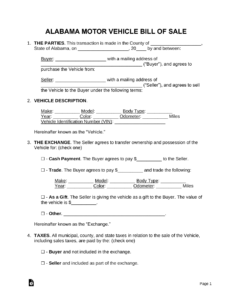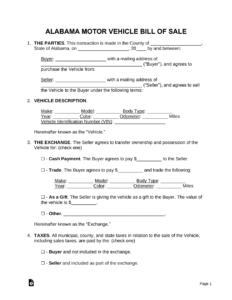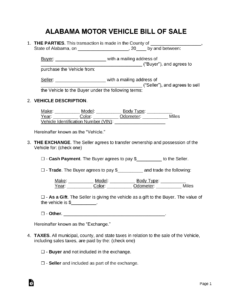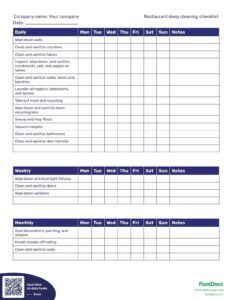Buying or selling a vehicle can feel like a big step, filled with excitement and maybe a little bit of paperwork. One of the most critical documents you’ll encounter in this process, especially when dealing with private sales, is a bill of sale. It’s more than just a receipt; it’s a legally binding record of the transaction that protects both the buyer and the seller.
Navigating the specifics of vehicle transactions requires attention to detail, and when you’re in Alabama, having the right form makes all the difference. That’s why understanding and utilizing a proper bill of sale is so important. It ensures that ownership officially transfers, and all parties are clear on the terms of the sale, preventing misunderstandings down the road.
Understanding the Importance of a Bill of Sale in Alabama
When you buy or sell a car, truck, motorcycle, or any other vehicle in Alabama, a bill of sale isn’t just a suggestion; it’s a fundamental document for your protection. Think of it as your official proof that the vehicle has changed hands. Without it, you might find yourself in a tricky situation if disputes arise regarding the sale price, the vehicle’s condition at the time of sale, or even legal liabilities after the transaction is complete.
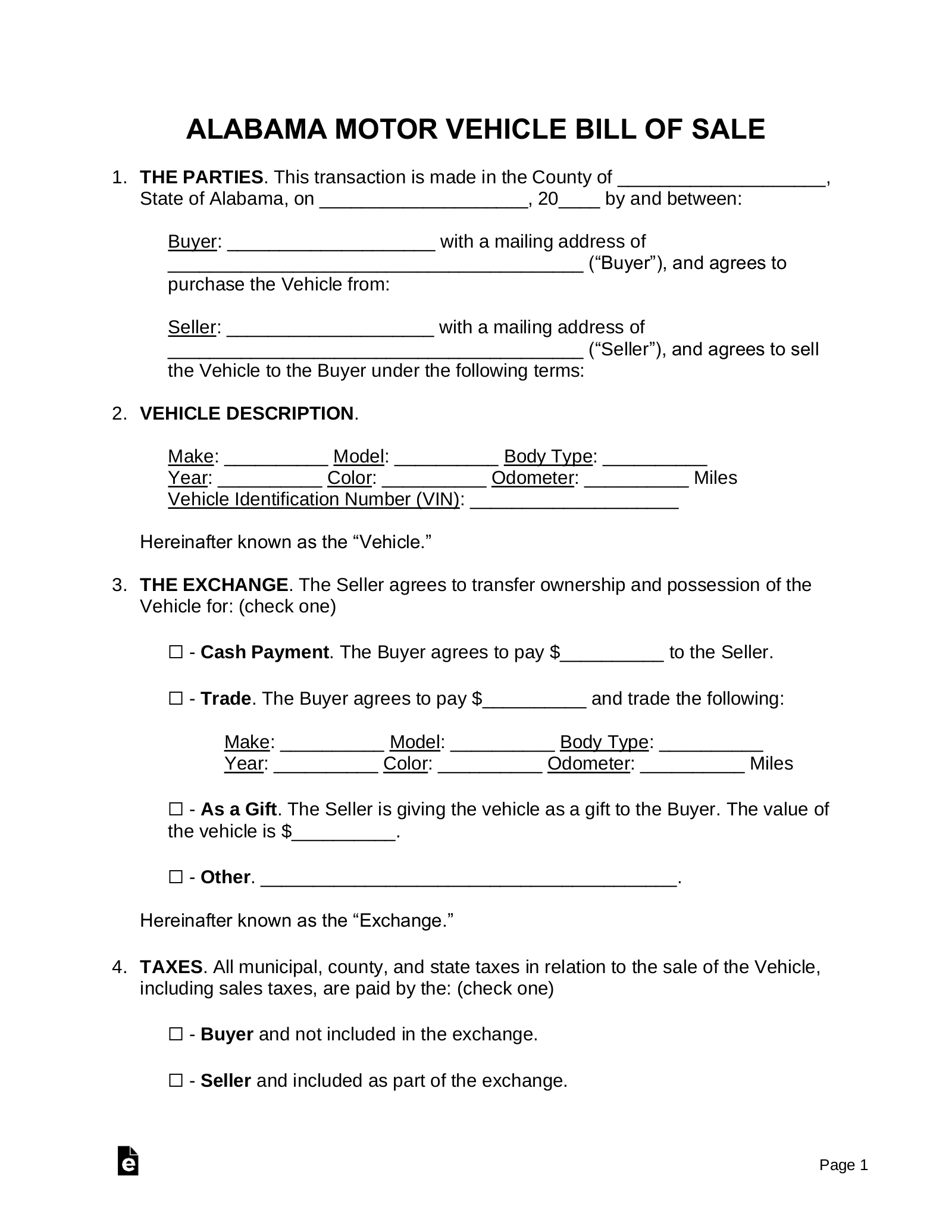
This document acts as a safeguard for both parties. For the seller, it proves that they no longer own the vehicle and are not responsible for any issues that occur after the sale, like parking tickets or accidents. For the buyer, it’s essential proof of ownership when registering the vehicle with the Alabama Department of Revenue or applying for a new title. It establishes a clear paper trail, which is invaluable for peace of mind.
Key Elements to Include
A comprehensive vehicle bill of sale needs to capture all the critical details of the transaction. Missing even one piece of information could lead to complications later on. Make sure your document includes:
- The full legal names and addresses of both the buyer and the seller.
- The date of the sale.
- A detailed description of the vehicle, including its make, model, year, vehicle identification number (VIN), and current odometer reading.
- The agreed-upon sale price.
- A statement that the vehicle is being sold “as-is,” or any specified warranties (though “as-is” is common in private sales).
- Signatures of both the buyer and the seller.
Ensuring all these components are accurately filled out helps to prevent future disagreements and provides a solid legal foundation for the transaction. It clarifies who is responsible for what, right from the moment the keys are handed over. This clarity is paramount for a smooth and legitimate transfer of ownership within Alabama’s legal framework.
How to Properly Use Your Alabama Vehicle Bill of Sale Template
Finding a reliable vehicle bill of sale Alabama template is the first step, but knowing how to use it correctly is equally important. Many free templates are available online from reputable sources, or you might find one provided by the Alabama Department of Revenue. Once you have your template, the process of filling it out needs to be approached with care and attention to detail to ensure its validity and effectiveness.
Before you begin filling out the form, gather all necessary information for both the buyer and the seller, as well as the vehicle itself. This includes full legal names, current addresses, a precise description of the vehicle, its VIN, and the exact odometer reading at the time of sale. Having this information readily available will make the process much smoother and reduce the chances of errors. Take your time and double-check every entry.
After all the details are accurately entered onto your vehicle bill of sale Alabama template, the crucial next step is the signing. Both the buyer and the seller must sign the document. While notarization isn’t always legally required for a bill of sale in Alabama, it is highly recommended. A notary public verifies the identities of the signers, adding an extra layer of authenticity and legal weight to the document, which can be invaluable should any disputes arise later on. It simply provides an additional layer of security for both parties involved.
Once signed, and ideally notarized, make sure you create at least two original copies of the completed bill of sale. Both the buyer and the seller should retain an original copy for their records. The buyer will typically need their copy when registering the vehicle with the state and obtaining a new title. The seller’s copy serves as crucial evidence that they have divested themselves of ownership and are no longer liable for the vehicle. This meticulous approach ensures a seamless and legally sound transfer.
